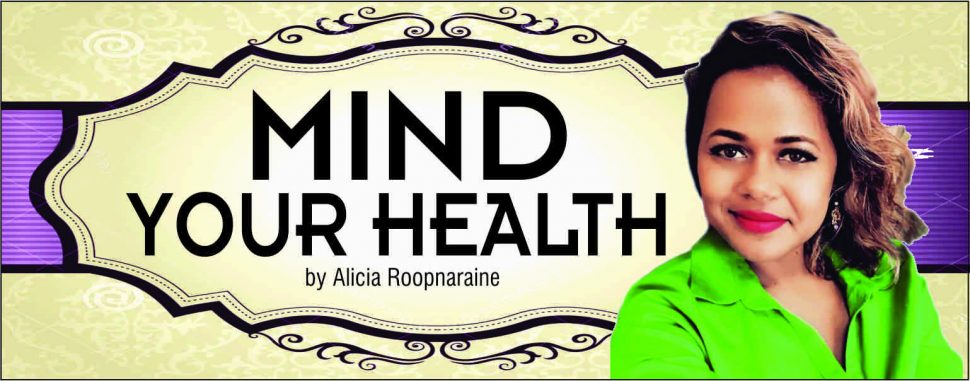Forgiveness is a term we hear being used quite often. But do we truly know what it means to forgive?
At some point in our lives, most of us would likely have suffered some form of heartbreak, trauma or uncomfortable event that has made us question whether forgiveness is even a worthwhile option.
For the purposes of this week’s column, we will look at the relationships between spouses. No relationship is perfect and there will be times when a relationship suffers a major blow, such as deceit or infidelity. When you take your vows or make a pact to honour and be loyal to each other and either one of you breaks that covenant, trust is inevitably broken. While some spouses prefer to go their separate ways, others may remain to try to “make amends.” Most people who remain in a relationship that has been soiled by dishonour may not know how to cope and many remain bitter while hoping that with time that the bitterness will go away.
Unfortunately, it doesn’t work like that. It has been said countless times that forgiveness is not for the other person but rather for yourself. If you forgive “the other person,” you are actually liberating yourself from hate, bitterness and resentment. Don’t be confused, though; although forgiving will aid in the process of self-healing, it does not mean that you will forget what caused your relationship to be tarnished.
If you have really chosen to forgive your partner, then there should be a pact (on both sides, of course) to start afresh; to start from zero. First off, every relationship should ideally be based on a friendship. Your mate should, in theory, be your best friend; someone you can confide in and who has your back in the good, bad and ugly times. You have to make a pact to communicate openly with each other, to be loyal and respectful and to be willing to listen to each other without either party becoming defensive.
Whatever it was that “upset” the relationship should not necessarily be the point of priority. You should instead focus on building a stronger relationship where there is free, open and non-judgmental discussion and communication. If you have chosen to stay with your mate, it means that you believe they are worth it and you should know that regaining trust will not come easy. It is a process and even though the onus is on the guilty party to prove his/herself worthy of being trusted again, the one who has been hurt has to also be willing to give their partner that chance to redeem themselves.
Do not for a minute think that forgiveness is a walk in the park. It takes courage and effort and deciding whether staying with the person who has hurt you is really worth it. If you have chosen to make it work, it means the pros must have outweighed the cons. Although there may be reminders for both of you of either partner’s deceit, it is okay to speak about it openly and non-judgmentally, as uncomfortable as it may be. Believe it or not, talking about “it” is more therapeutic than you might think. Remember since trust was lost, you are trying to regain it and one of the best ways of doing so is by communicating openly. If you have hurt your partner, they will feel insecure in many ways and the best thing you can do is to guarantee them emotional security. Trust was broken, they have been hurt and are fragile and vulnerable. And remember, actions always speak louder than words. If your partner has chosen to forgive you, then you must give your all and more to show them that you have redeemed yourself and that they can start once again to rely on your unconditional emotional support. Do not despair; slowly but surely that trust will be restored.
Remember that no one is perfect and, therefore, no relationship will be perfect. People will make mistakes because, well, we are human. What also makes us human is our ability to forgive and true forgiveness means releasing ourselves of hatred and bitterness in order to give our relationship a second chance at love.
Alicia Roopnaraine is a Psychologist at the Georgetown Public Hospital Corporation’s Psychiatric Department. You can send questions or comments to her at aliciaroopnaraine@gmail.com






